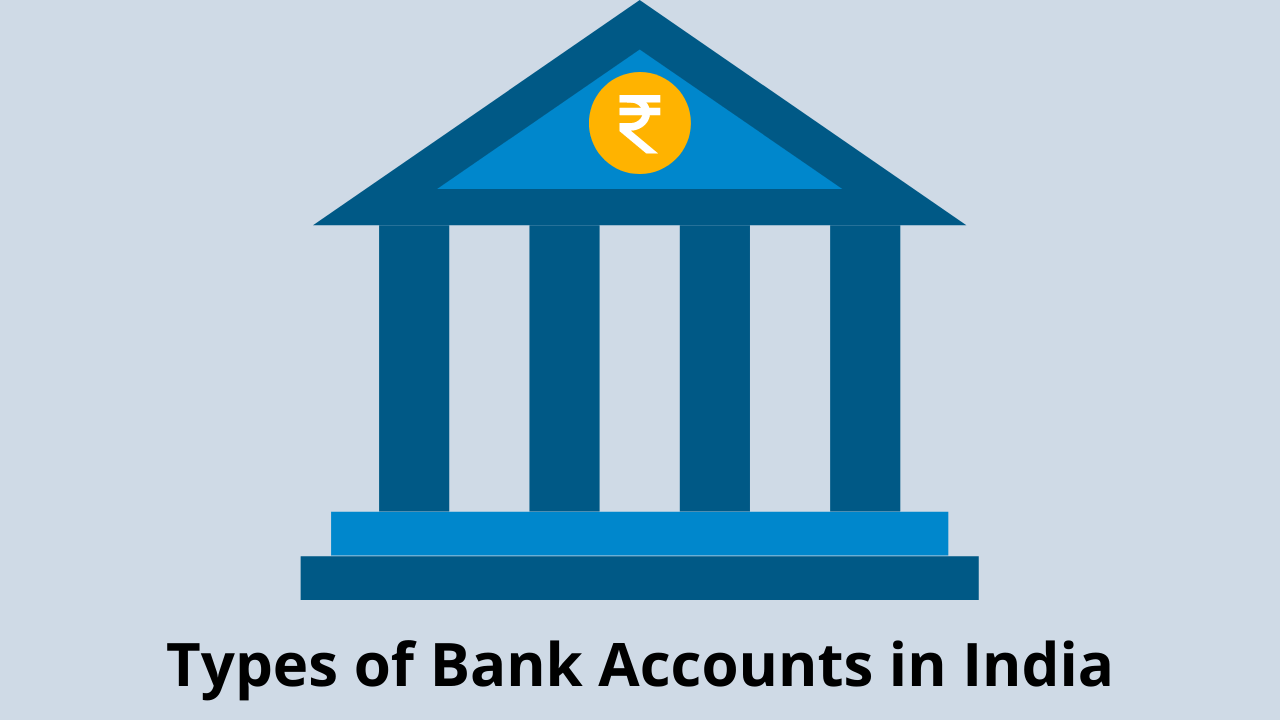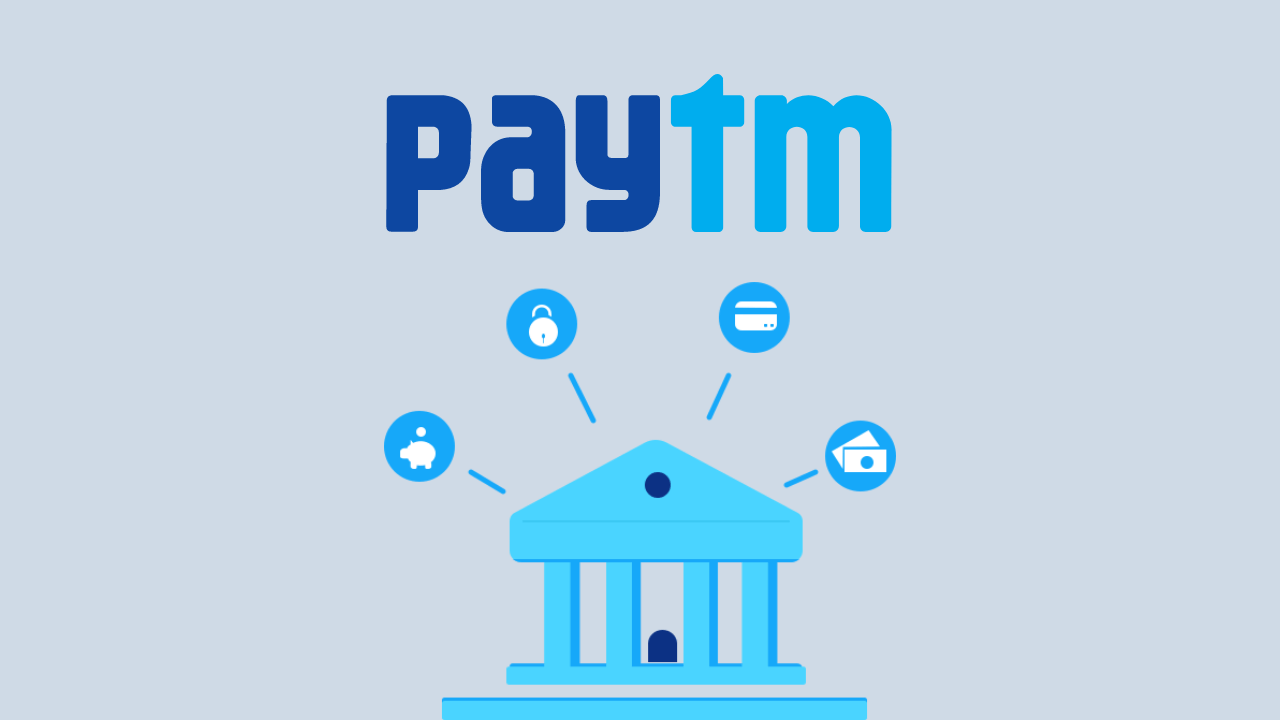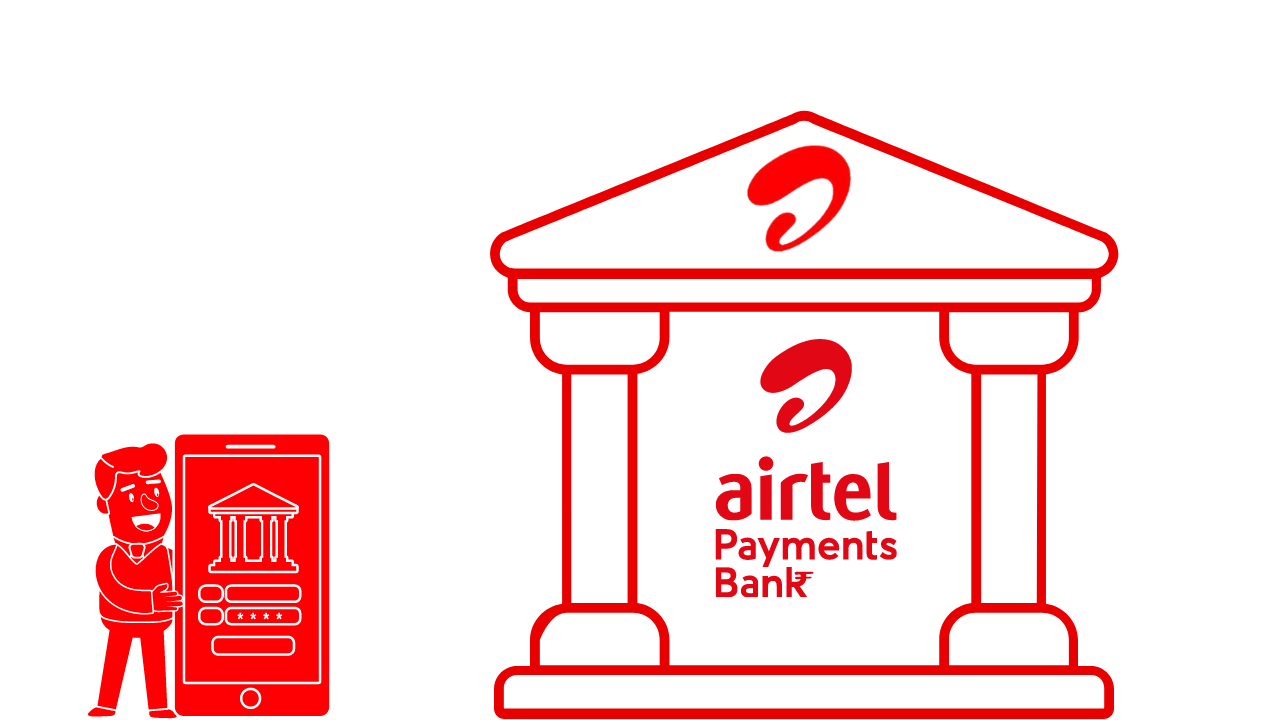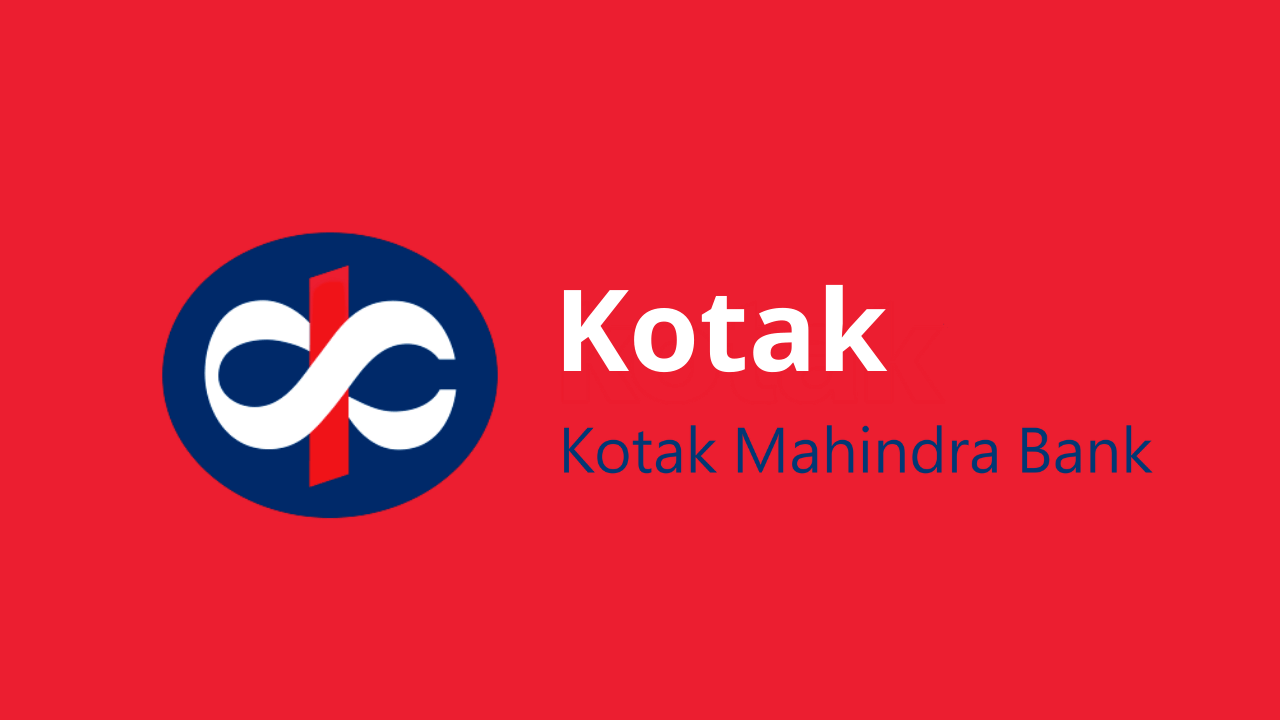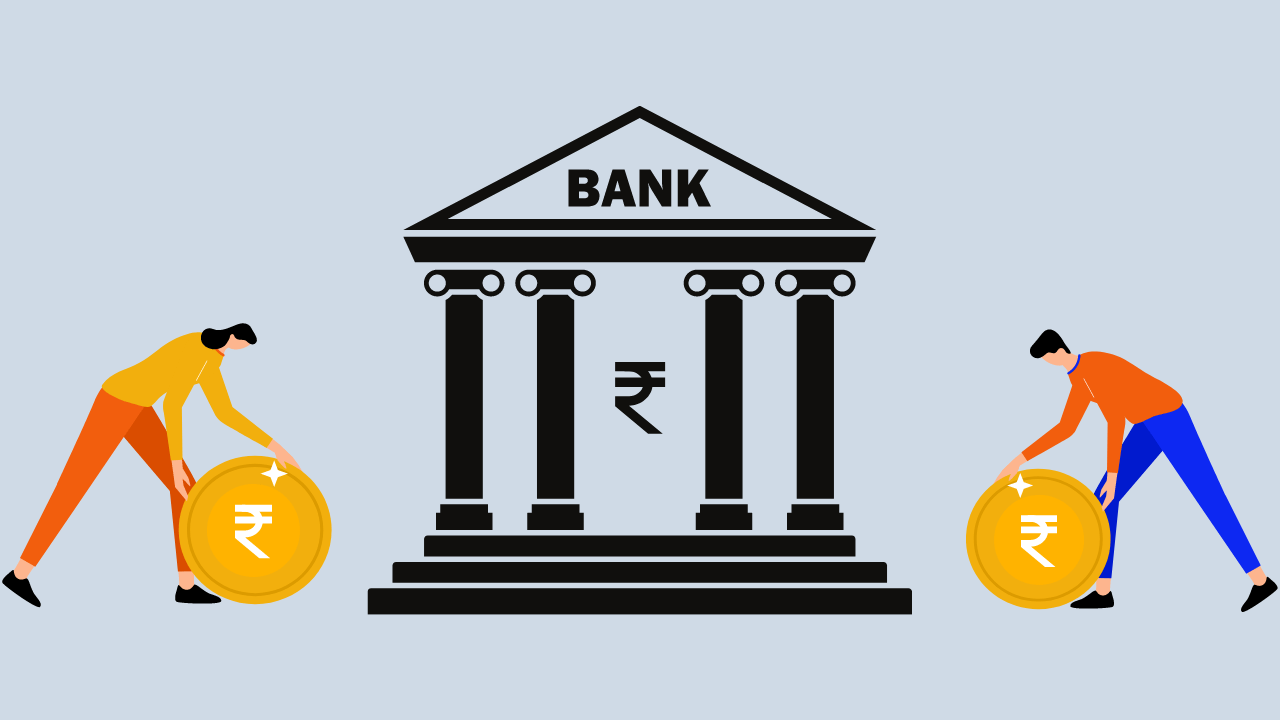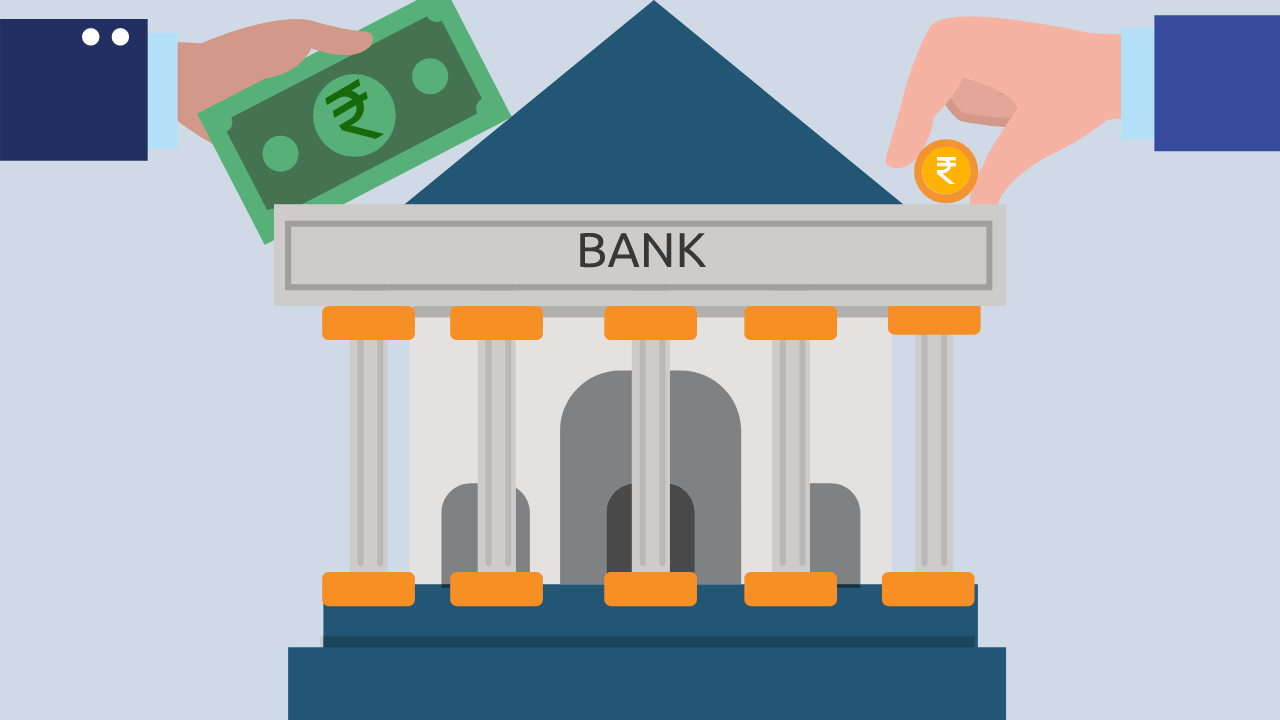Investing in shares can be both exciting and complex, especially when you encounter terms like “dividends” and “bonuses.” In this beginner-friendly guide, we’ll explore the basics of what dividends and bonuses mean in the context of Indian shares, aiming to provide a clear understanding of these concepts and their significance for investors.
Understanding Dividends in Indian Shares:
In the Indian stock market, a dividend is a distribution of a portion of a company’s earnings to its shareholders. It’s essentially a reward for owning shares in the company. Dividends are usually paid in cash, but they can also come in the form of additional shares, known as bonus shares. Companies typically distribute dividends periodically, often annually or semi-annually, based on their financial performance and available profits.
How Dividends Work:
1. Profit Allocation:
- When a company generates profits, its board of directors decides how to allocate these profits. A portion is earmarked for dividends.
2. Declaration and Record Dates:
- The company announces a dividend on a specific date. The record date is the day on which shareholders must be on the company’s books to receive the dividend.
3. Payment Date:
- On the payment date, eligible shareholders receive their dividend either in the form of cash or additional shares.
Significance for Investors:
1. Steady Income:
- Dividends provide investors with a steady stream of income, making them particularly attractive for those seeking regular returns.
2. Indicator of Company Health:
- Consistent dividend payments are often viewed as a positive sign, indicating a company’s financial health and stability.
3. Long-Term Growth:
- Companies that pay dividends are often established and financially sound, making their shares appealing for long-term investors.
Understanding Bonus Shares in Indian Shares:
Bonus shares, also known as scrip dividends or capitalization issues, are additional shares given to existing shareholders by a company. Unlike dividends, bonus shares are distributed without any cash payment. The company allocates these shares to existing shareholders in proportion to their current holdings. For example, a 1:1 bonus issue implies that for every share held, the shareholder receives an additional share.
How Bonus Shares Work:
1. Company Reserves:
- A company issues bonus shares by capitalizing its free reserves. These reserves are created from retained earnings or other sources.
2. Board Approval:
- The board of directors must approve the issuance of bonus shares. This decision is often based on the company’s financial performance and the desire to reward shareholders.
3. Proportionate Distribution:
- Bonus shares are distributed proportionately among existing shareholders. If a shareholder holds 100 shares and the bonus issue is 1:1, they receive an additional 100 shares.
Significance for Investors:
1. Enhanced Ownership:
- Bonus shares increase the number of shares held by investors, enhancing their ownership stake in the company.
2. No Cash Outflow:
- Unlike dividends, bonus shares do not involve any cash outflow for the company. It’s a non-cash way of rewarding shareholders.
3. Positive Signal:
- Bonus issues are often perceived as a positive signal, indicating that the company is in good financial health and has confidence in its future prospects.
Dividends vs. Bonus Shares: A Quick Comparison:
1. Nature of Distribution:
- Dividends: Cash or additional shares.
- Bonus Shares: Additional shares.
2. Cash Outflow:
- Dividends: Involves cash outflow.
- Bonus Shares: No cash outflow; a non-cash reward.
3. Frequency:
- Dividends: Periodic, depending on company decisions.
- Bonus Shares: Typically infrequent, announced based on company performance.
4. Investor Income:
- Dividends: Provide regular income.
- Bonus Shares: Increase ownership but do not provide immediate income.
5. Market Perception:
- Dividends: Positive perception of a company’s financial stability.
- Bonus Shares: Seen as a positive signal, reflecting confidence in future growth.
Dividends and Bonus Shares: Strategies for Investors
1. Building a Dividend Portfolio:
- Investors aiming for a steady income stream often opt for dividend-paying stocks. Companies with a history of consistent dividend payments might be attractive for such portfolios.
2. Analyzing Dividend Yields:
- Dividend yield, calculated by dividing the annual dividend per share by the stock’s current market price, is a key metric for income-focused investors. A higher yield may indicate an attractive dividend investment.
3. Considering Dividend Reinvestment Plans (DRIPs):
- Some companies offer DRIPs, allowing investors to reinvest their dividends back into additional shares. This strategy can be beneficial for long-term wealth accumulation.
4. Diversification for Bonus Shares:
- When bonus shares are issued, investors see an increase in the number of shares they hold. Diversifying across various sectors and industries can help manage risk and capitalize on market opportunities.
5. Understanding Bonus Impact on Stock Prices:
- While bonus shares don’t directly impact a company’s market value, they can influence investor sentiment. Positive reactions often lead to a temporary increase in stock prices.
6. Long-Term Perspective:
- Both dividends and bonus shares can be more advantageous for long-term investors. The compounding effect of reinvested dividends and increased ownership through bonus shares can significantly contribute to wealth creation.
7. Tax Considerations:
- Investors should be aware of the tax implications of dividends and bonus shares. In India, dividends are subject to Dividend Distribution Tax (DDT), while bonus shares are generally tax-free at the time of issuance.
8. Staying Informed:
- Regularly monitoring a company’s financial health, dividend history, and bonus issuance announcements is crucial. Staying informed allows investors to make timely decisions aligned with their investment objectives.
9. Seeking Professional Advice:
- For those new to the stock market, seeking advice from financial professionals can provide valuable insights. Financial advisors can help tailor strategies based on individual risk tolerance, financial goals, and market conditions.
Potential Risks and Considerations:
1. Market Volatility:
- The stock market can be volatile, impacting stock prices and, consequently, the value of dividends and bonus shares. Investors should be prepared for fluctuations in the market.
2. Economic Conditions:
- Economic downturns or recessions can affect a company’s ability to pay dividends. Investors should consider the overall economic climate when building a dividend-focused portfolio.
3. Company Performance:
- The financial health and performance of a company directly influence its ability to issue bonuses or pay dividends. Thoroughly analyzing a company’s fundamentals is essential.
4. Tax Changes:
- Tax policies related to dividends and bonus shares can change. Investors should stay updated on tax regulations to understand their potential impact on returns.
5. Liquidity Concerns:
- While bonus shares enhance ownership, they don’t provide immediate liquidity unless sold. Investors should balance their portfolios to ensure liquidity aligns with their needs.
Conclusion:
In the realm of Indian shares, understanding the concepts of dividends and bonus shares is crucial for investors aiming to make informed decisions. While dividends offer regular income and serve as indicators of company health, bonus shares enhance ownership without cash outflow, signaling positive prospects. Both these mechanisms play pivotal roles in the broader landscape of the Indian stock market, influencing investor choices and contributing to a diversified investment portfolio.
As investors navigate the complexities of the stock market, a grasp of dividends, bonus shares, and their implications empowers them to make sound investment decisions aligned with their financial goals. Whether seeking regular income through dividends or expanding ownership with bonus shares, investors can leverage these tools to create a well-rounded and resilient investment strategy in the dynamic Indian stock market.


